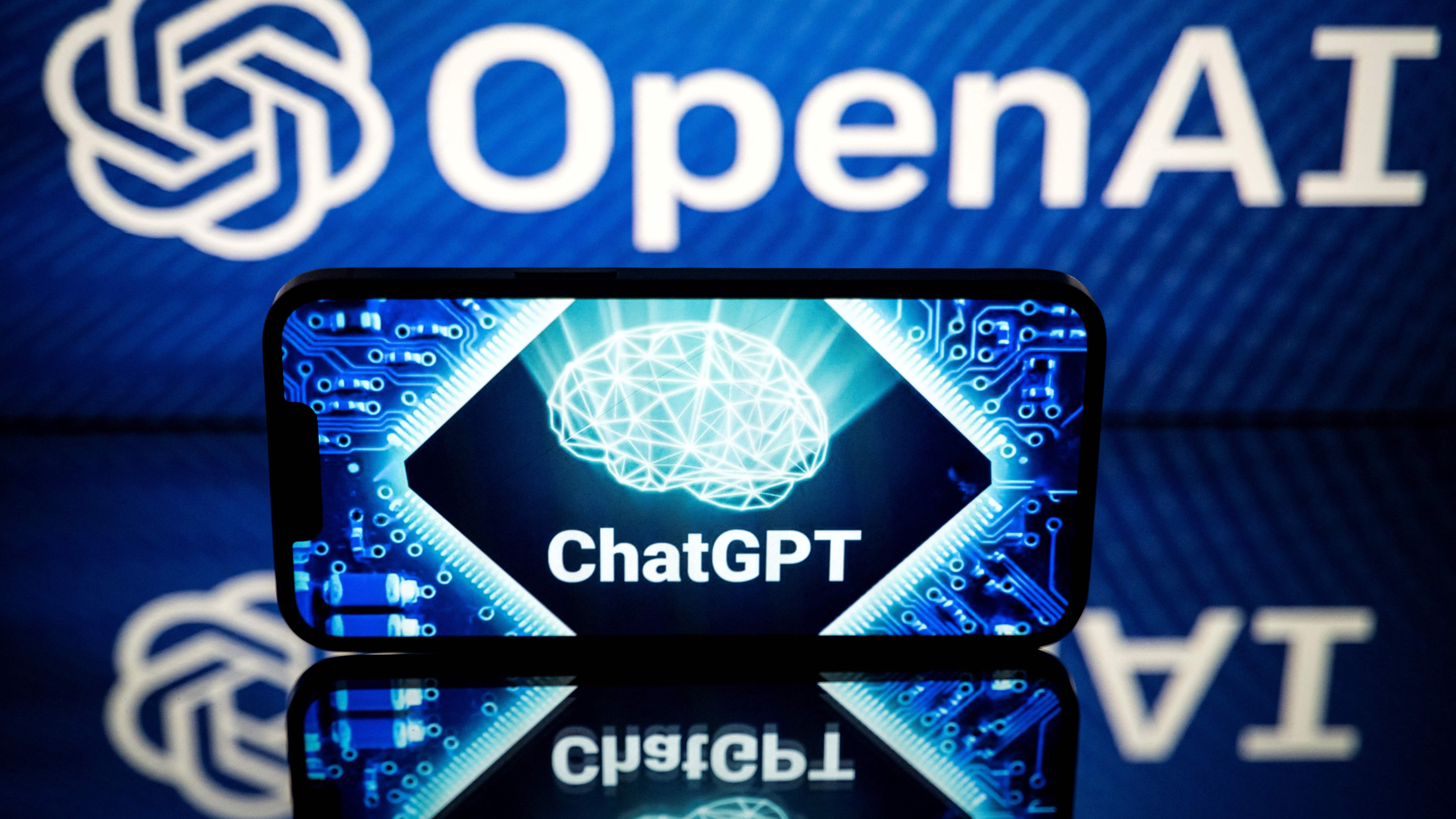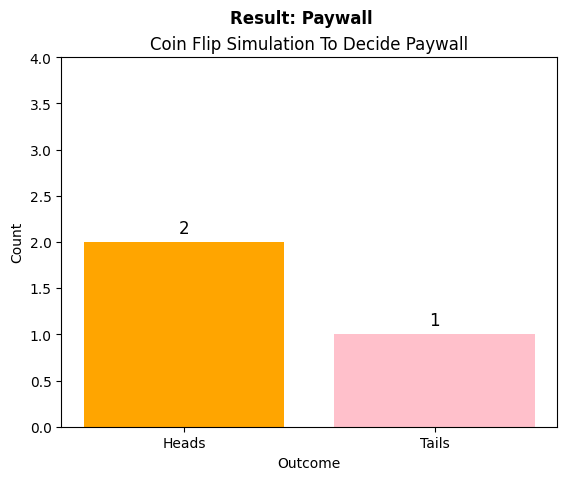
3041. What's this about a crypto reserve?
Paddy Hirsch discusses the U.S. government's plans for a Strategic Bitcoin Reserve and its implications for beneficiaries.
your daily dose of economic commentary

Paddy Hirsch discusses the U.S. government's plans for a Strategic Bitcoin Reserve and its implications for beneficiaries.
Timothy Taylor discusses Paul Krugman's insights on trade, industrial policy, and the ineffectiveness of tariffs in addressing economic issues.

Jeremy Horpedahl critiques Eugene Ludwig's claims about economic distress, arguing that data shows Americans are prospering, with improvements in labor markets and earnings.

The post reflects on the life and influence of Manny Klausner, highlighting his contributions to libertarianism and the growth of Reason magazine.

The post discusses the Trump administration's reduction of U.S. international aid and soft power initiatives, highlighting its implications for American foreign policy.

A proposal suggests a voluntary buyout option for Social Security, allowing individuals to opt out in exchange for reduced payroll taxes, benefiting both participants and the program's sustainability.

Bill McBride discusses the changes in inbound and outbound container traffic at LA ports, highlighting year-over-year increases and decreases in imports and exports.

Scott Horsley discusses the Federal Reserve's decision to maintain interest rates and the potential impact of Trump's trade policies on inflation.

The post informs readers about the deadline for claiming pandemic-era stimulus checks for those who haven't filed their 2021 tax returns.

An argument that regulation is essential for managing AI's potential benefits and risks, emphasizing the concentration of power among a few individuals in the industry.

Bill McBride discusses the decline in billings at architecture firms and reduced interest in new projects, indicating economic uncertainty and a slowdown in construction activity.
An argument that effective budget cuts require careful consideration of productivity and institutional knowledge, rather than arbitrary reductions that can worsen organizational efficiency.

Paul Krugman discusses the cruel implications of proposed changes to Social Security that would harm disabled Americans, linking them to the egos of influential figures like Elon Musk.
Robert Vienneau discusses the rarity of reswitching and triple-switching in production techniques, exploring theoretical and empirical aspects of these phenomena in economics.

The post describes an educational assignment involving roleplay and deep research, utilizing ChatGPT for interviews to enhance student learning and understanding.

Bill McBride discusses a decrease in mortgage applications and the impact of rising mortgage rates on refinancing and purchasing activity.
Tyler Cowen discusses the Marginal Revolution blog, blending economic concepts with a whimsical story about a circus clown who applies economic theories to his performances.

Audrey Quinn discusses an obscure government program that collects forgotten money and explores how individuals can locate their misplaced funds.

The discussion focuses on the U.S. withdrawal from the WTO's dispute settlement system and its implications for international trade relations.

An archive of NCAA tournament predictions, detailing a rating system and analysis based on historical data, with updates on team performance and forecasts.